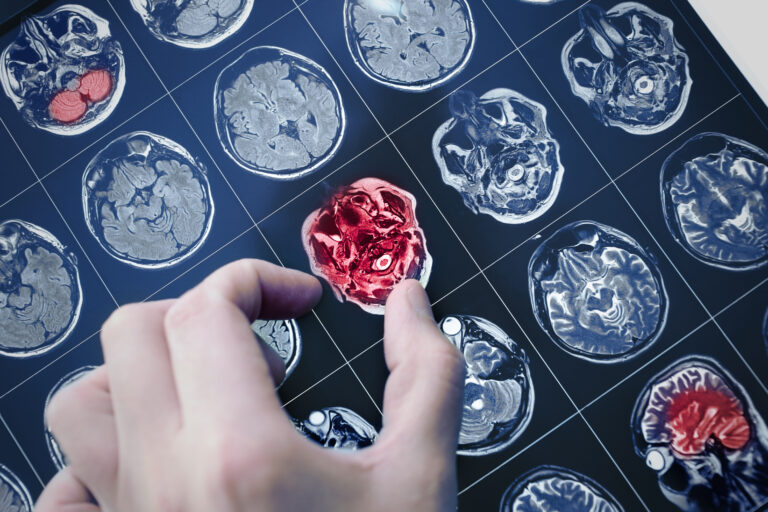The question of whether Alzheimer’s disease will be cured by 2030 is complex and currently unresolved, but significant progress in research and treatment development offers cautious optimism rather than certainty. Alzheimer’s disease, a progressive neurodegenerative disorder characterized by memory loss, cognitive decline, and behavioral changes, remains without a definitive cure as of 2025. However, recent advances in understanding the disease mechanisms and emerging therapies suggest that the landscape of Alzheimer’s treatment is changing dramatically, potentially setting the stage for more effective interventions within the next decade.
Alzheimer’s disease develops over many years, often decades before symptoms appear, making early detection and intervention critical. Traditionally, treatments have focused on managing symptoms rather than altering the disease course. The hallmark pathological features of Alzheimer’s include the accumulation of amyloid-beta plaques and tau protein tangles in the brain, which lead to neuronal death and cognitive impairment. For decades, attempts to develop drugs targeting these proteins have largely failed in clinical trials, leading to skepticism about whether amyloid clearance alone is sufficient to halt or reverse the disease[3].
In recent years, a new class of drugs known as **anti-amyloid antibody therapies** has emerged, marking a historic shift in Alzheimer’s treatment. These therapies, such as lecanemab and donanemab, are designed to reduce amyloid plaques in the brain and have shown the ability to slow cognitive decline in some patients. While not cures, they represent the first disease-modifying treatments that can slow progression, offering hope to patients and families. However, these drugs carry risks, including brain swelling and microbleeds, and their long-term benefits and safety profiles are still being evaluated[1][2][4].
Beyond amyloid-targeting drugs, researchers are exploring multiple avenues to combat Alzheimer’s. One promising area is the identification of early biomarkers that can detect the disease decades before symptoms arise. For example, the protein TSPO has been identified as a potential early biomarker linked to brain inflammation, which plays a critical role in disease progression. Targeting inflammation and other pathological processes simultaneously may be necessary for effective treatment, as Alzheimer’s is a multifactorial disease involving amyloid, tau, inflammation, vascular factors, and metabolic dysfunction[3].
Clinical trials are also investigating lifestyle interventions, such as time-restricted eating, which may influence Alzheimer’s pathology and cognitive function by improving metabolic health and reducing inflammation. These non-pharmacological approaches, combined with emerging drug therapies, could form part of integrated treatment plans tailored to individual patients[5].
Experts emphasize the importance of combining new disease-modifying therapies with established symptomatic treatments and non-pharmacological strategies, including caregiver support and behavioral interventions. This integrative approach aims to improve quality of life and functional independence for patients while research continues to advance[4].
Despite these advances, several challenges remain before a cure can be expected by 2030:
– **Complexity of the disease:** Alzheimer’s involves multiple pathological pathways, making it unlikely that a single treatment will be curative.
– **Early detection:** Effective treatments will require identifying patients before significant brain damage occurs, necessitating widespread biomarker testing and screening infrastructure.
– **Safety and accessibility:** New therapies must be proven safe for broad use and made accessible to diverse populations, which involves addressing cost, healthcare infrastructure, and equity issues.
– **Long-term outcomes:** The durability of treatment effects and their impact on disease progression over many years remain uncertain.
In summary, while a definitive cure for Alzheimer’s disease by 2030 is not guaranteed, the current trajectory of research and clinical innovation is promising. The approval of disease-modifying therapies that slow progression, advances in early detection, and the development of integrative treatment strategies collectively represent critical steps toward better management and, potentially, prevention of Alzheimer’s in the future[1][2][3][4][5].
—
**Sources:**
[1] Emerging Alzheimer’s Treatments in 2025: Hope on the Horizon, Aqualane Research, 2025
[2] Controversial New Alzheimer’s Drugs Offer Hope—But at a High Cost, Nature, 2025
[3] Can we detect Alzheimer’s disease decades before symptoms start?, FIU News, 2025
[4] New series from The Lancet offers roadmap for Alzheimer’s treatment in a changing therapeutic landscape, UC Davis Health, 2025
[5] UCSD Alzheimer’s Disease Clinical Trials for 2025 — San Diego





